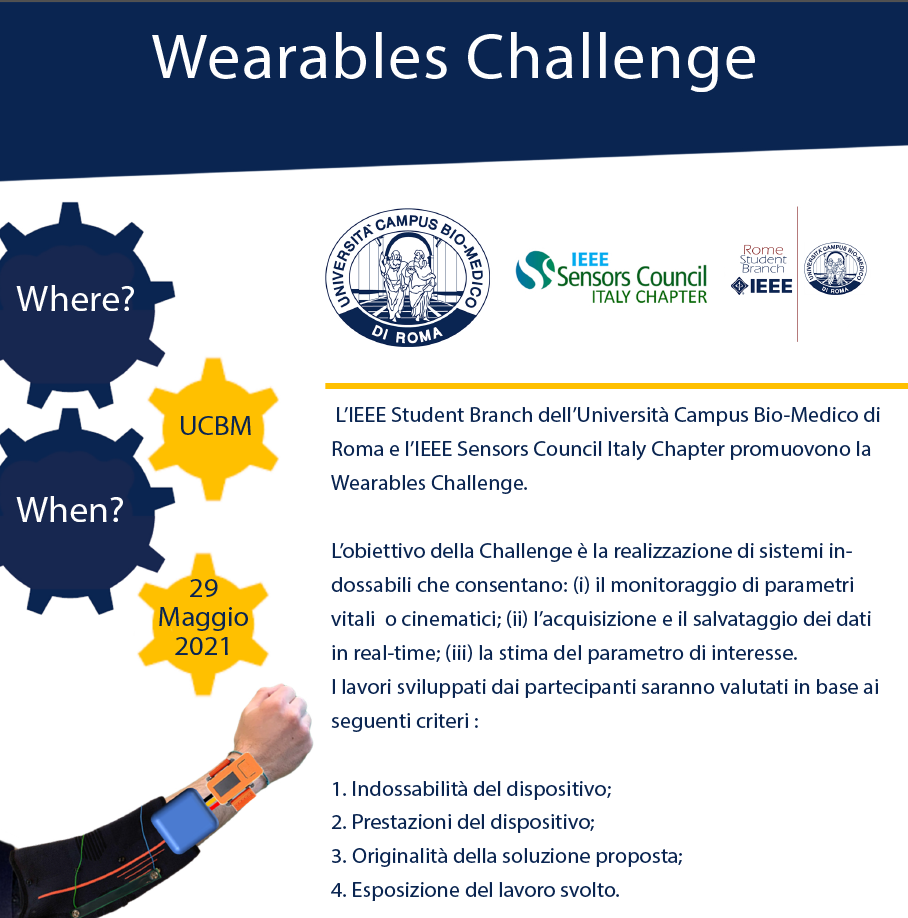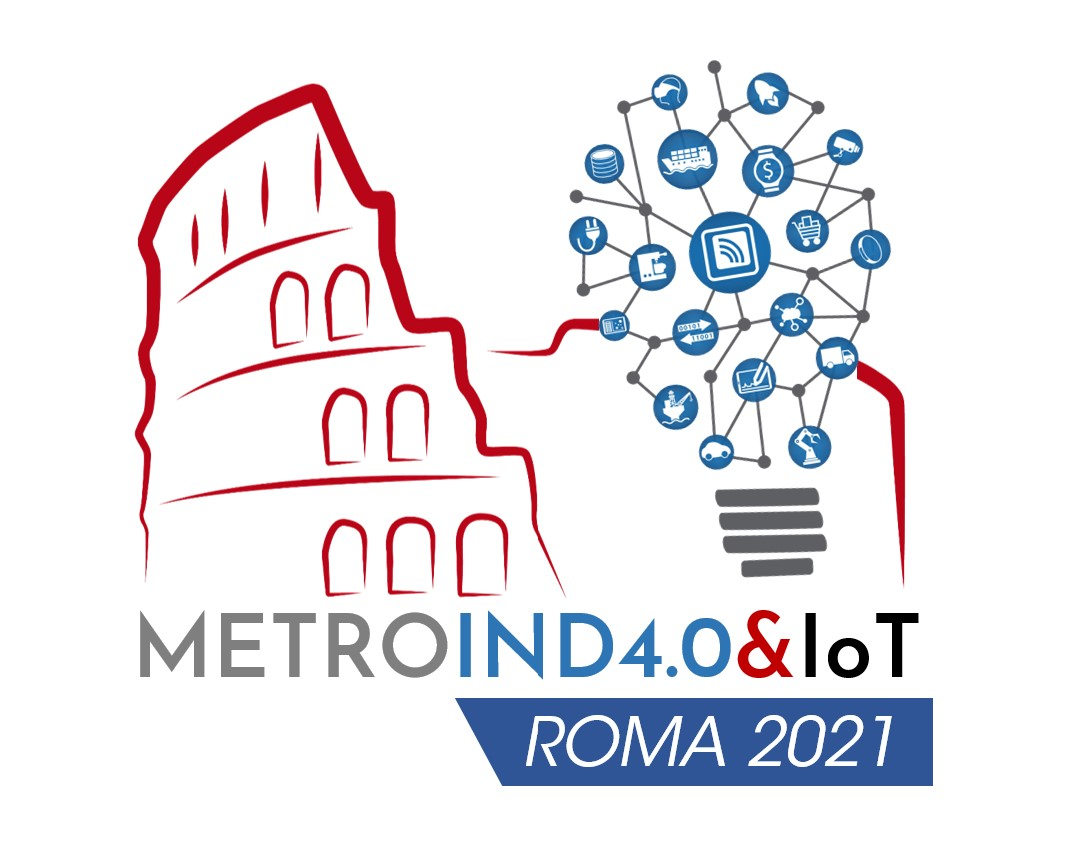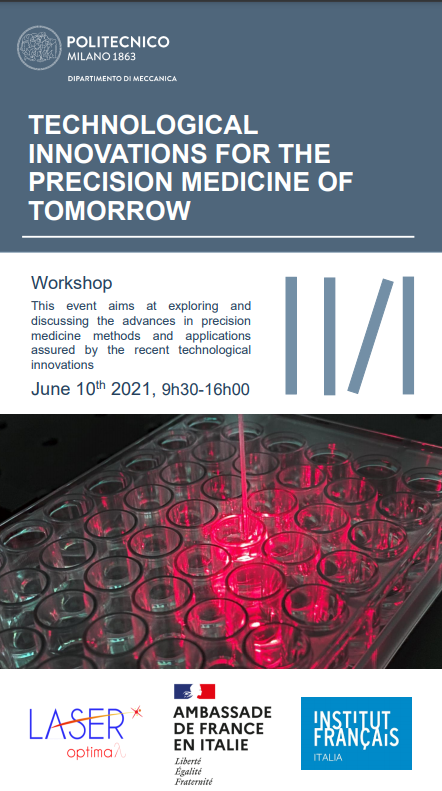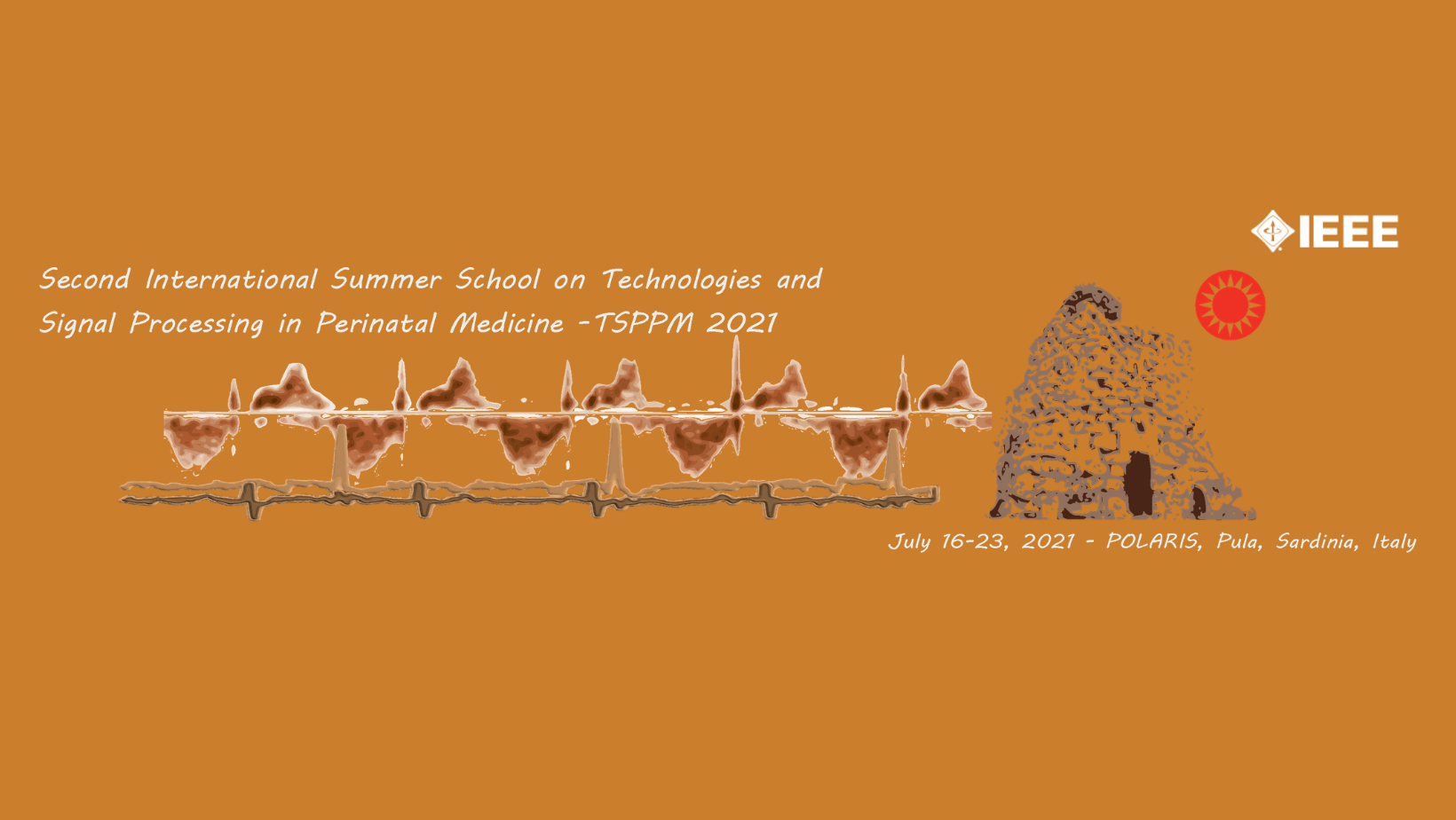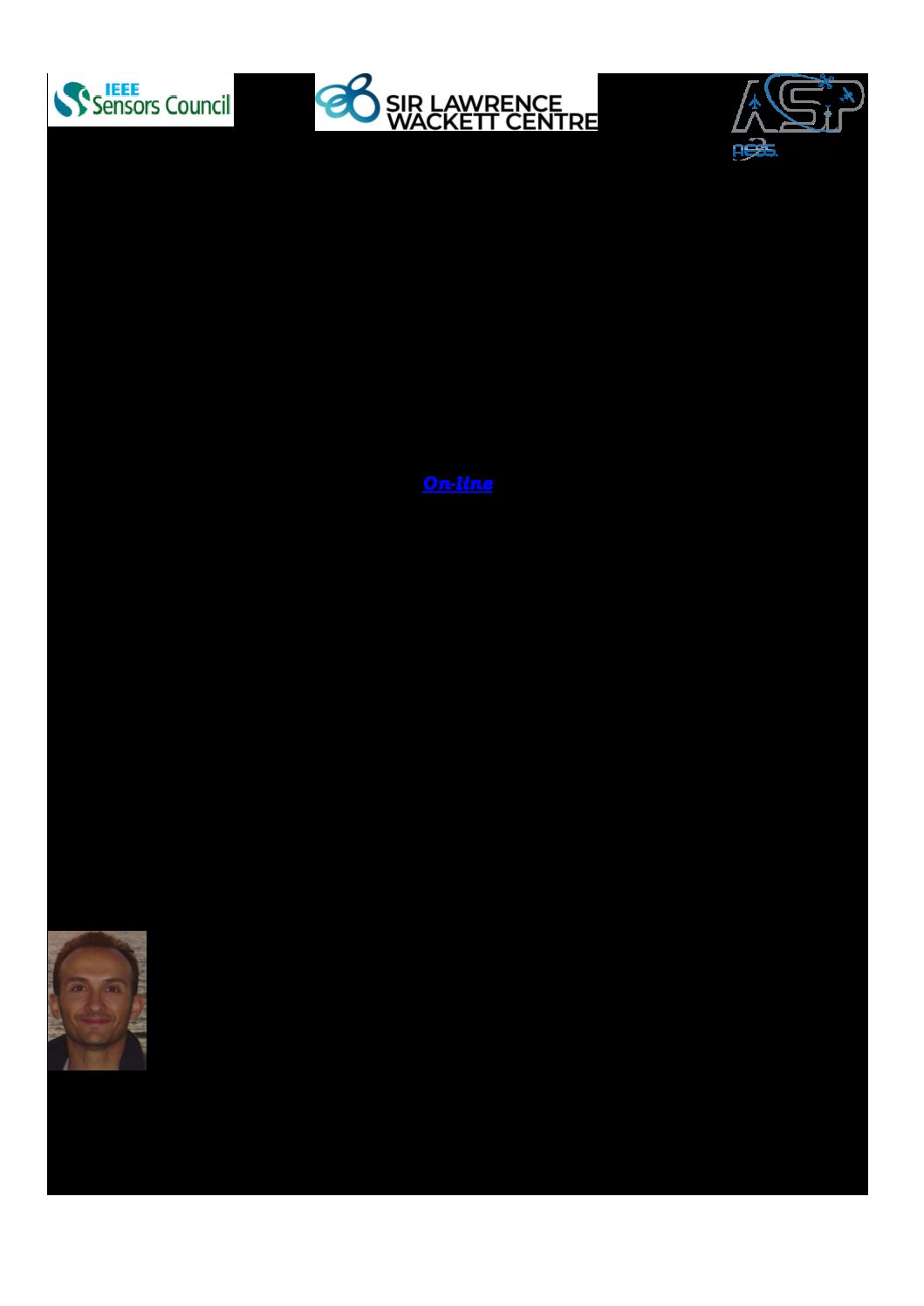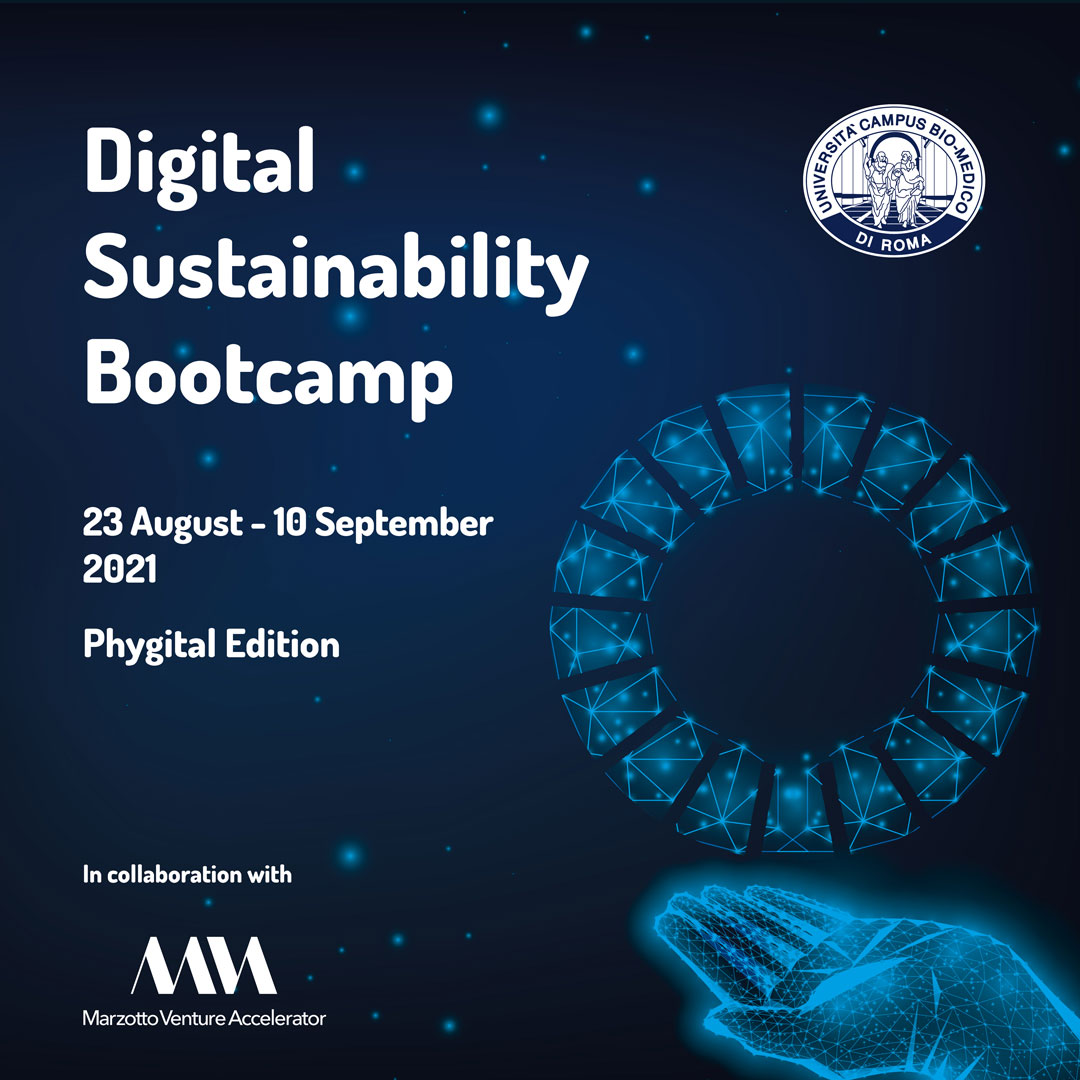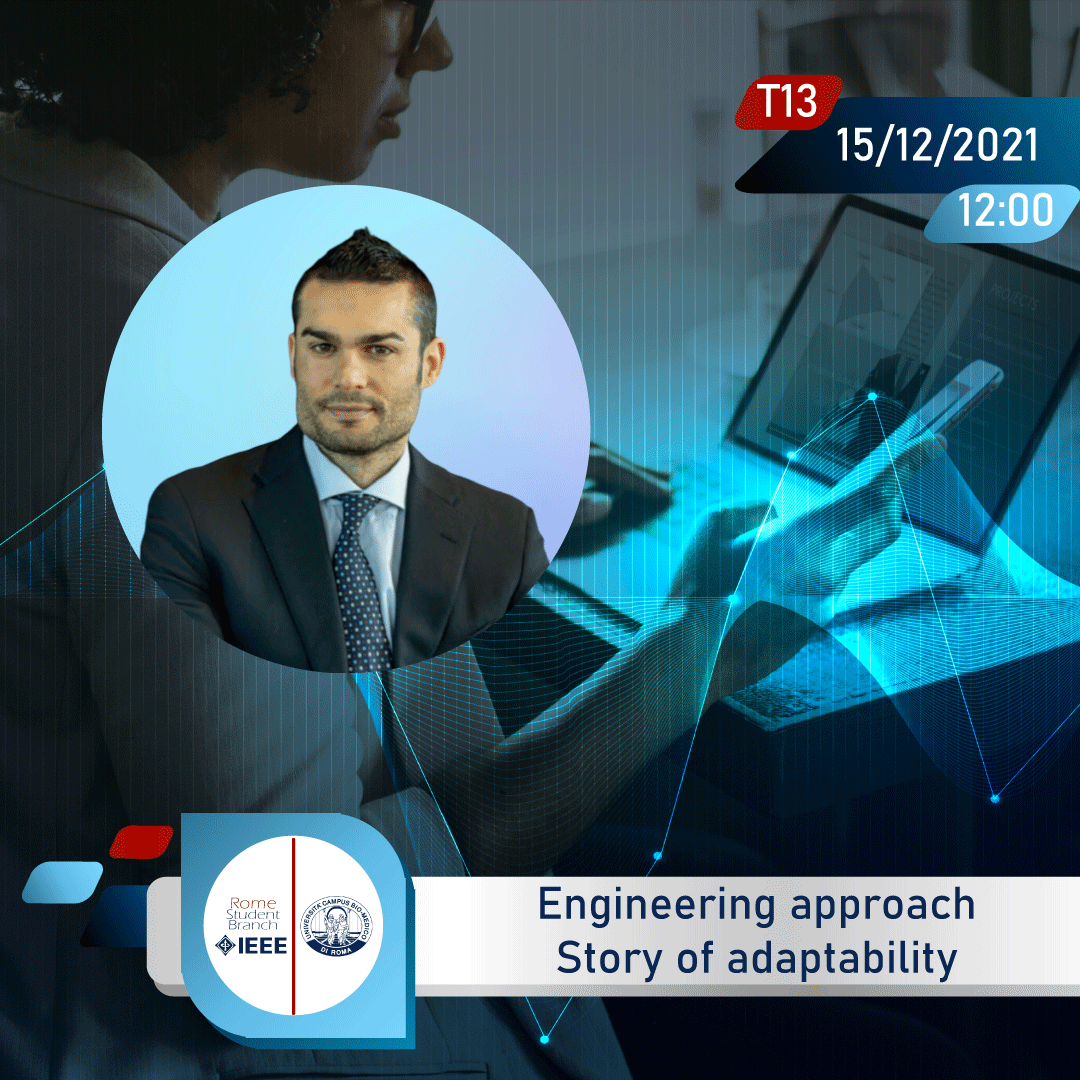More Info Abstract: Wearable computing is a relatively new area of research and development that aims at supporting people in different application domains: health-care (monitoring assisted livings), fitness (monitoring athletes), social interactions (enabling multi-user activity recognition, e.g., handshake), videogames (enabling joystick-less interactions), factory (monitoring employees in their activity), etc. Wearable computing is based on wearable computing devices/interfaces such as sensor nodes (e.g., to measure heart rate, temperature, blood oxygen, etc), common life objects (e.g., watch, belt, etc), smartphones/PDA. Wearable computing has been recently boosted by the introduction of body sensor networks (BSNs), i.e., networks of wireless wearable sensor nodes coordinated by more capable coordinators (smartphones, tablets, PCs). Although the basic elements (sensors, protocols, coordinators) of a BSN are available (already from a commercial point of view), developing BSN systems/applications is a complex task that requires suitable design methods based on effective and efficient programming frameworks. In this DL, we will first discuss the state-of-the-art of currently available wearable computing systems based on BSNs. Then, we will focus on the SPINE Body-Of-Knowledge (https://projects.dimes.unical.it/spine-bok/), created in the last 15 years by the Prof. Fortino's research group, which includes models, methods, algorithms, frameworks, tools and systems for the systematic and full-fledged development of wearable computing systems based on body sensor networks. We also show real prototypes developed using SPINE BoK, e.g. activity/gesture recognition systems, fall detection systems, mobile ECG processing systems, elbow/knee rehabilitation systems, emotion recognition systems, etc. Finally, the DL will enumerate and discuss future research challenges along possible solutions (e.g., community-oriented wearable computing systems) in such exciting research domain. Bio: Giancarlo Fortino (SM’12) is Full Professor of Computer Engineering at the Dept of Informatics, Modeling, Electronics, and Systems of the University of Calabria (Unical), Italy. He received a PhD in Computer Engineering from Unical in 2000. He is also distinguished professor at Wuhan University of Technology and Huazhong Agricultural University (China), high-end expert at HUST (China), senior research fellow at the Italian ICAR-CNR Institute, CAS PIFI visiting scientist at SIAT – Shenzhen, and Distinguished Lecturer for IEEE Sensors Council. He is Web of Science Highly Cited Researcher 2020. Currently he has 15 highly cited papers in WoS, and h-index=57 with almost 13000 citations in Google Scholar. He is Chair of the PhD program in ICT, the director of the Postgraduate Master in INTER-IoT and the director of the SPEME lab at Unical as well as co-chair of Joint labs on IoT established between Unical and WUT and SMU and HZAU Chinese universities, respectively. His research interests include wearable computing systems, e-Health, Internet of Things, and agent-based computing. Fortino is currently the scientific responsible of the Digital Health group of the Italian CINI National Laboratory at Unical. He is author of 500+ papers in int’l journals, conferences and books. He is (founding) series editor of IEEE Press Book Series on Human-Machine Systems and EiC of Springer Internet of Things series and AE of premier int'l journals such as IEEE TAFFC-CS, IEEE THMS, IEEE IoTJ, IEEE SJ, IEEE JBHI, IEEE SMCM, IEEE OJEMB, IEEE OJCS, Information Fusion, JNCA, EAAI, etc. He organized as chair many int’l workshops and conferences (100+), was involved in a huge number of int’l conferences/workshops (500+) as IPC member, is/was guest-editor of many special issues (60+). He is cofounder and CEO of SenSysCal S.r.l., a Unical spinoff focused on innovative IoT systems. Fortino is currently member of the IEEE SMCS BoG and of the IEEE Press BoG, and chair of the IEEE SMCS Italian Chapter.

